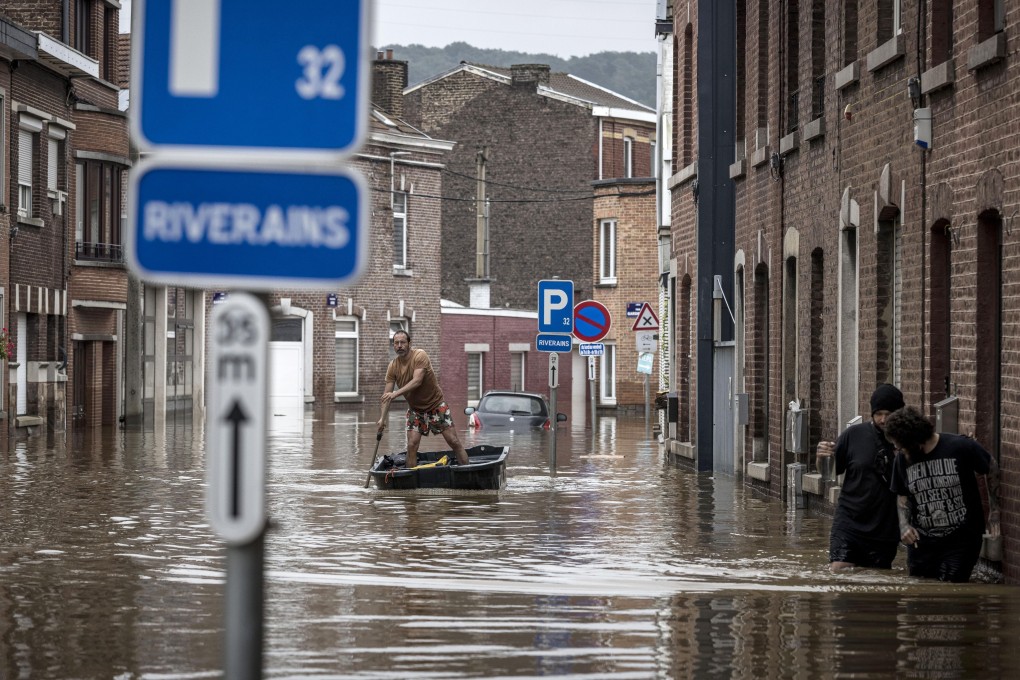Advertisement
On Balance | US-China relations: partisan, anti-science squabbling is blocking needed climate action
- Lost in the geopolitical drama is the urgency of a face-to-face meeting between leaders of the world’s biggest polluters to address the threat
- The alarming hostility to science in the US only underscores the challenge the world faces in the battle to stop the degradation of the environment
Reading Time:3 minutes
Why you can trust SCMP
16

This past week has been so chock full of looming environmental threats and stunning partisan stupidity that it is probably time to throw out conventional wisdom when it comes to public policy and turn to Darwinism.
The devastating floods in Europe were yet another indication that we are well into a global climate emergency that will affect authoritarians and “small-d” democrats alike. We were already trying to digest the news of 49.6-degree Celsius temperatures in Canada’s British Columbia, which incinerated an entire town.
Vaccine hesitancy now appears to be our biggest threat on the Covid-19 front, particularly in the United States, where a “pandemic of the unvaccinated” is unfolding. White evangelicals, who make up a large chunk of the American South and Midwest and who dominate the Republican Party, are among the most resistant to vaccination.
Advertisement
Many of them prefer to leave their chances in the hands of Jesus Christ instead of the scientific success of mRNA vaccines, even though the chances of severe side effects associated with these vaccines are exceedingly small. They are certainly no higher than with the thousands of other medications that never became caught up in the current era of scorched earth politics.
So it is entirely fitting to bring up the notion of survival of the fittest, given that vaccine hesitancy in the midst of a pandemic could ultimately lower the ratio of people who are most responsible for spreading the disease. That might seem like a heartless comment, but there is a point in every tragedy at which we need to look for silver linings.
Now let’s stick with the Darwinian lens as we move from epidemiology to the realm of international political economics.
Advertisement
Select Voice
Choose your listening speed
Get through articles 2x faster
1.25x
250 WPM
Slow
Average
Fast
1.25x
